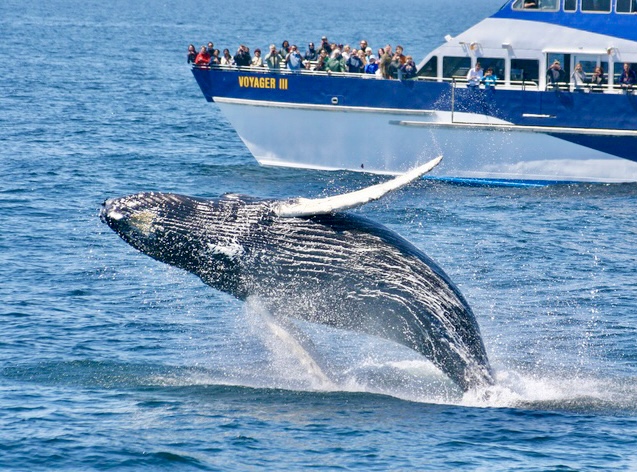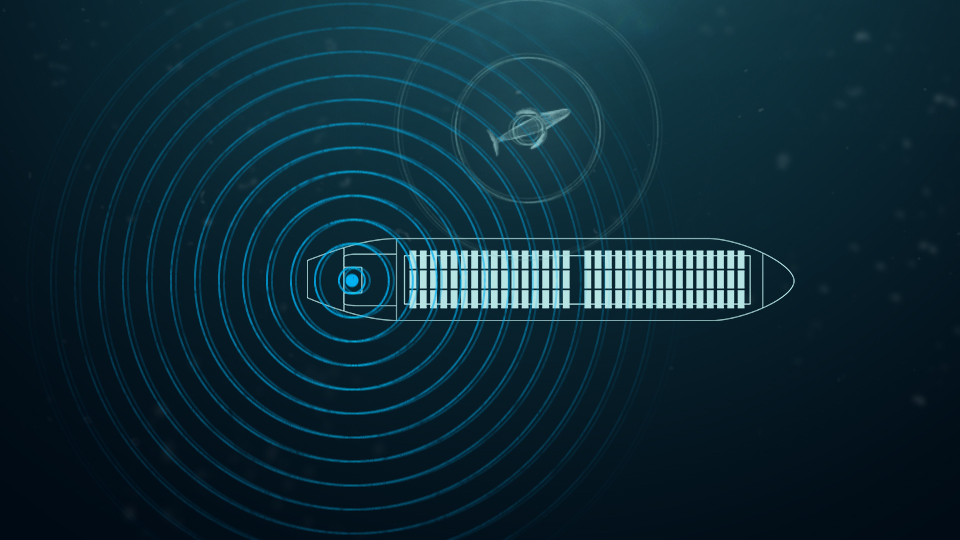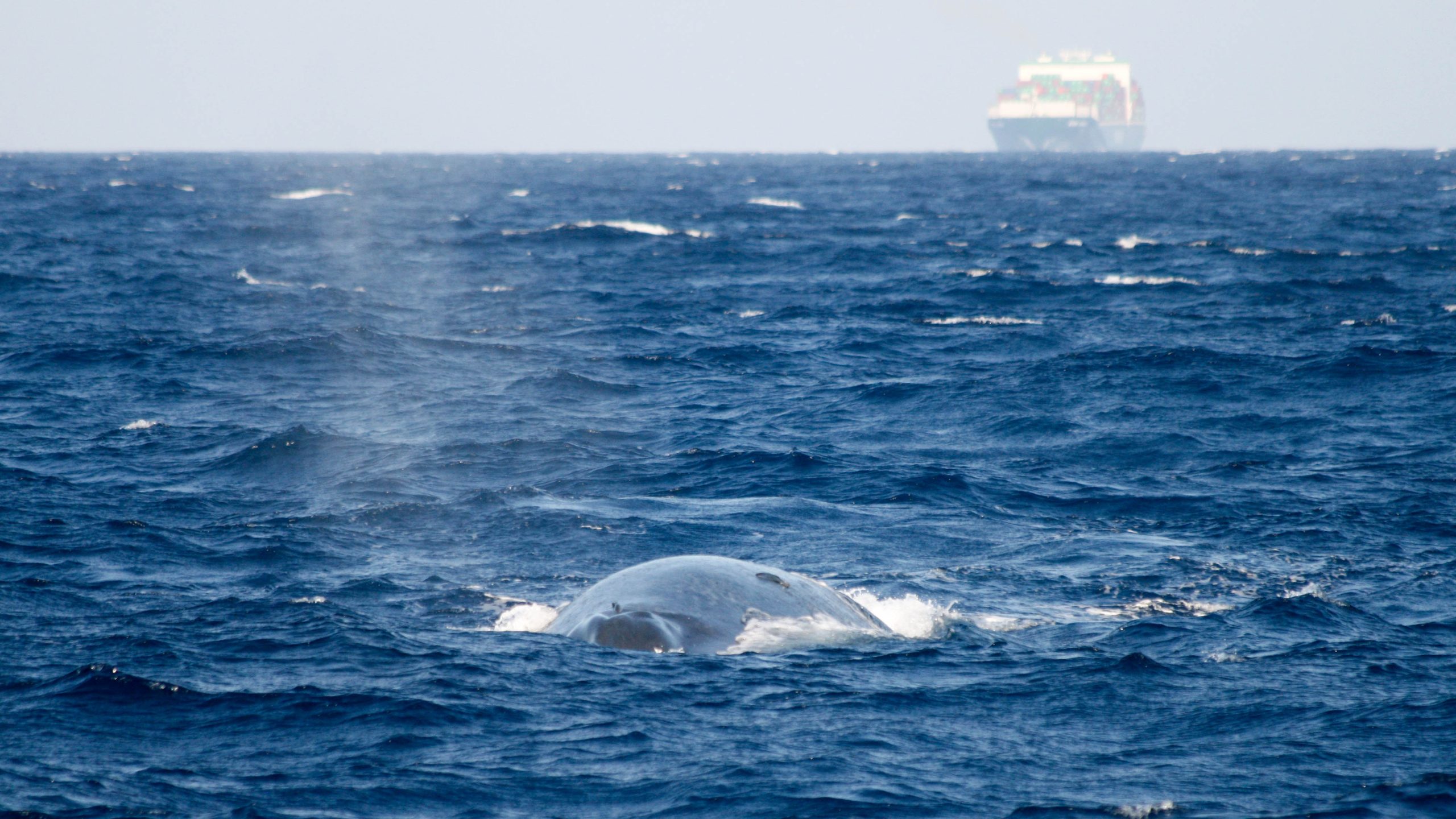
The European Commission Will Now Put A Limit On Underwater Noise Pollution Helping To Protect Critical Marine Species
You can help all animals and our planet by choosing compassion on your plate and in your glass. #GoVeg
RELATED ARTICLES
Undercover Investigation Reveals That New Fur Products Are Still Being Sold In California Despite Ban
Photos from HSUS
This week, the Humane Society of the United States (HSUS) released an undercover investigation identifying a handful of California retailers openly skirting...
Captain Paul Watson Foundation Fights To Stop The Killing Of Endangered Fin Whales In Iceland
Captain Paul Watson Foundation is launching Operation Ice Storm from Albert Dock in Yorkshire to directly oppose Iceland's last whaling company, Hvalur hf. Paul...
Conservation Groups Urge Federal Agencies To Prohibit The Killing Of Wildlife With Snowmobiles
More than 60 conservation groups from across North America filed letters today urging the U.S. Forest Service and Bureau of Land Management to immediately...
Popular stories
News
World Animal Protection’s New Report Reveals That Groupon & Trip.com Are Among Travel Companies Continuing To Promote Exploitative Animal “Experiences”
A new report by World Animal Protection U.S. called ‘Tracking the Travel Industry U.S.’ was just released. The report ranks the largest travel companies in the United...
International News
Victory! Colombia Joins 40 Countries Worldwide Banning The Use Of Animals In Cosmetics Testing Beginning In 2024
Earlier this week, President Iván Duque Márquez of Colombia signed an important bill into law ending the use of animals in cosmetics testing throughout the...
News
Critically Endangered Mother & Daughter Orangutan Rescued & Released Back Into The Wild In Borneo
Photo by: Wildlife Rescue Centre, Yogyakarta
In the first of a series of orangutan releases back into the wild this year, the Bornean Orangutan Rescue...




